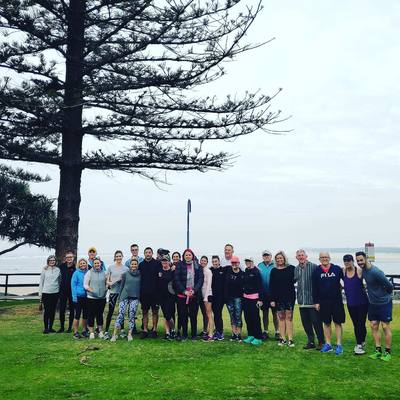The inaugural FearLess National Conversation on Post-Traumatic Stress Disorder (PTSD) was held at the Sunshine Coast Events Centre in Caloundra (Qld) from 21 – 23 August, bringing together people who have PTSD and those who live with and care for them.
It also brought together members of many communities, including veterans and first responders, that provide support mechanisms for those living with PTSD.
The FearLess Conversation grappled with the extent of the PTSD problem that faces Australia. Participants heard that approximately one-in-five Australians live with PTSD.
Some of the conversationalists told emotionally-charged personal stories about their lives with PTSD. The FearLess Conversation also drew hope from remarkable new developments in medicine, neuroscience, psycho-therapy and pharmacology, including leading edge research being conducted at the Sunshine Coast Mind and Neuroscience – Thompson Institute.
The FearLess Conversation highlighted the need for an integrated, holistic approach to the diagnosis, management and treatment of PTSD that is inclusive of all Australians. It identified the importance of the role that people who do not have PTSD can also play in both reducing stigma across the broader community to the incidence of PTSD and in reaching out to PTSD sufferers and their families – building strong relationships that enhance resilience across the nation.
The FearLess Conversation specifically identified four “to do” items as the foundation for the next phase of the FearLess Conversation.
These things four included; 1. building a common user website for all first responder organisations and other community service providers to network, 2. working with Phoenix Australia as the nation’s most experienced PTSD management agency in the creation of a body of information on what works best in the management of veterans’ PTSD, 3. beginning the construction of a web-based database containing evidence-based and evaluated advisory documents that can assist individuals, families and communities to manage the effects of PTSD in peoples’ lives, and 4. assisting those who participated in the inaugural FearLess National Conversation to identify community needs and expectations and feed information back to FearLess to build an increasingly dynamic community engagement program.







